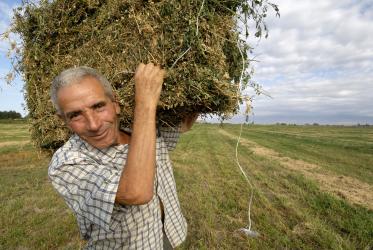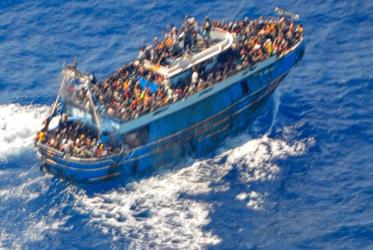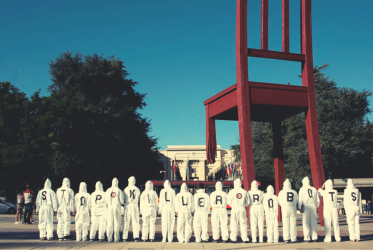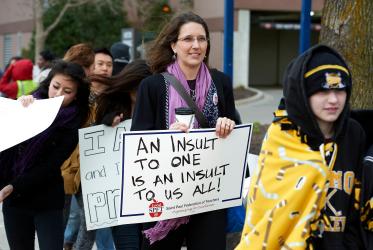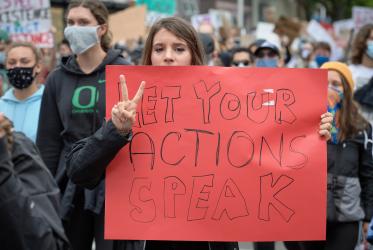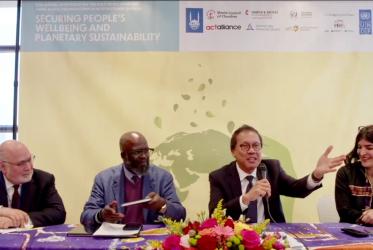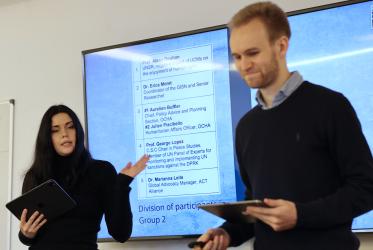Displaying 21 - 40 of 409
WCC prayer commemorates Genocide Remembrance Day
24 April 2023
WCC welcomes visit from global Christian leaders to South Sudan
01 February 2023
Strengthening Christian Perspectives on Human Dignity and Human Rights
Perspectives from an International Consultative Process
19 August 2022
